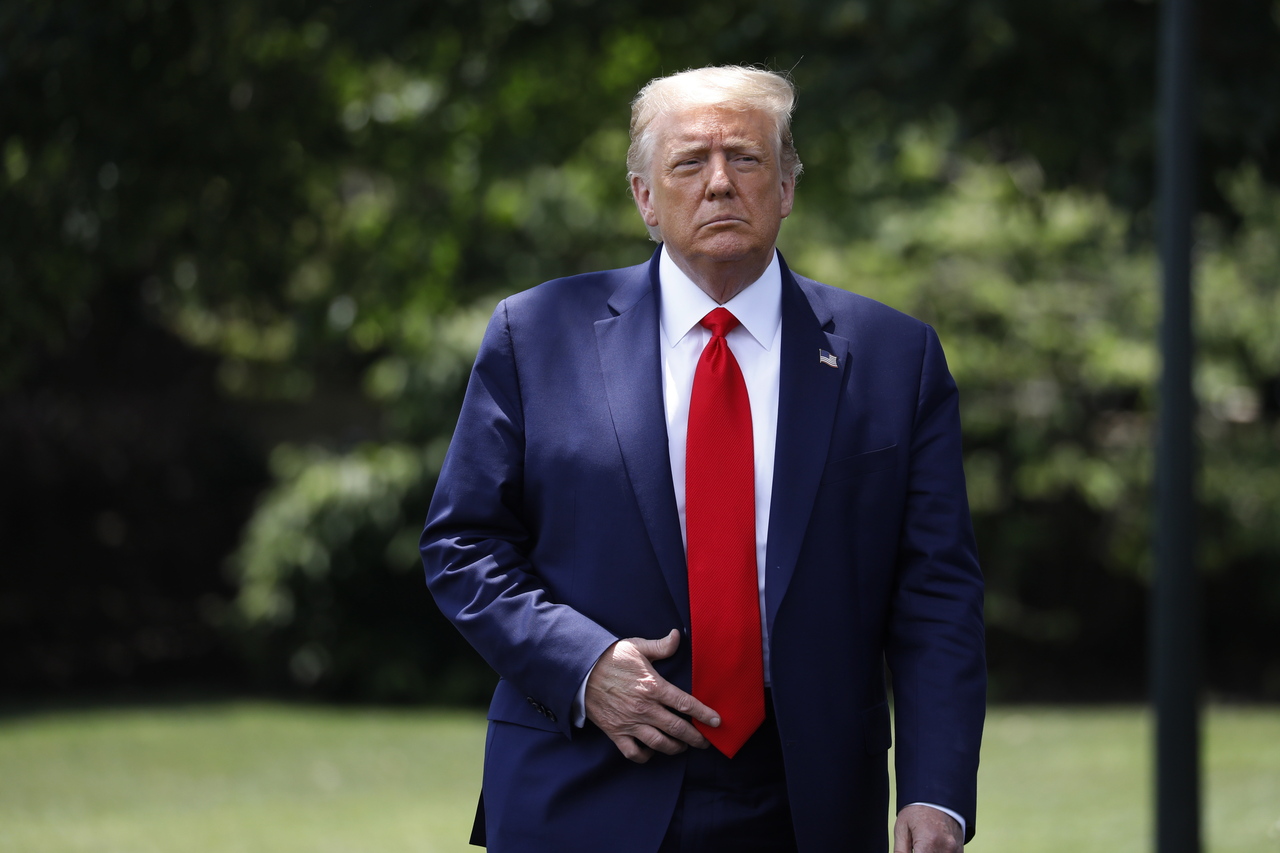Trump has not ruled out sanctions on Chinese officials: Spokesman
Sign up now: Get ST's newsletters delivered to your inbox

The Trump administration was reportedly considering a sweeping ban on travel to the US by members of the Chinese Communist Party.
PHOTO: EPA-EFE
WASHINGTON (REUTERS) - US President Donald Trump has not ruled out additional sanctions on top Chinese officials as a result of actions he took on Tuesday (July 14) to punish China for its handling of Hong Kong, a spokesman for the White House National Security Council said on Wednesday (July 15).
Trump signed the Hong Kong Autonomy Act on Monday. It allows him to impose sanctions and visa restrictions on Chinese officials and financial institutions involved in the imposition of China's new national security law in Hong Kong.
Bloomberg News reported that Trump has ruled out additional sanctions on top Chinese officials for now so as not to further escalate tensions with Beijing.
National Security Council spokesman John Ullyot noted that Trump last week issued sanctions against Chinese Communist Party officials for their treatment of minority Uighur Muslims in Xinjiang province.
"In no way has he taken anything off the table with respect to further sanctions of party officials for actions in Hong Kong or on other issues. Any suggestion otherwise by anonymous sources is flat out wrong," Ullyot said.
White House discussions are ongoing about potential targets for US sanctions over Hong Kong and no final decisions have been made, according to a person familiar with the matter.
US policymakers have assembled a list of officials at various levels of the Chinese government and Communist Party, the source said.
Among the names being pushed by some congressional China hawks is Hong Kong Chief Executive Carrie Lam, who has backed Beijing's implementation of a new draconian national security law in Hong Kong, the source said.
The New York Times reported later on Wednesday that the Trump administration was considering a sweeping ban on travel to the United States by members of the Chinese Communist Party, citing people familiar with the proposal.
Secretary of State Mike Pompeo said the legislation Trump signed, plus an executive order ending Hong Kong's special status under US law, were justified.
"General Secretary Xi Jinping made a choice to violate the Chinese Communist Party's promises to Hong Kong that were made in UN-registered treaty. He didn't have to do that and he made that choice," Pompeo told reporters.
"We have to deal with China as it is, not as we wish it to be."
Pompeo noted on Twitter later on Wednesday that Trump said the United States would "place a special emphasis" on admitting Hong Kong residents as refugees. "We stand with the Hong Kong people," Pompeo said.


